
Most do this wrong. 10 kitchen habits you’re doing wrong
In the fast-paced rhythm of everyday life, the kitchen often turns into a space where convenience wins over precision. Between rushed breakfasts and late-night dinners, it’s easy to overlook small details that can make a big difference. Yet, many of the habits we’ve developed — often passed down from family or picked up from friends — might actually be doing more harm than good.
From the way we handle knives to how we dispose of cooking grease, these seemingly harmless actions can shorten the lifespan of our kitchen tools, affect food quality, and even pose safety risks. By learning a few simple corrections, you can transform your kitchen into a cleaner, safer, and more efficient place — and elevate your cooking in the process.
Below are eleven common kitchen mistakes most people make, along with practical tips for how to fix them.
1. The Grease Disposal Mistake
Pouring grease down the sink might seem harmless at first, but it’s one of the most common causes of plumbing disasters. When hot grease cools, it solidifies and sticks to the inside of your pipes, gradually forming blockages that can lead to slow drains and expensive repairs.
What to do instead: Allow grease to cool and solidify in a disposable container before tossing it in the trash. For smaller amounts, use a paper towel to wipe pans clean before washing. If you want a greener approach, consider collecting cooking fats in a sealed jar — some cities even have recycling programs that turn used oil into biofuel.
2. The Rice Rinsing Error
Skipping the step of rinsing rice might seem like a time-saver, but it often leads to gummy, sticky grains. Rinsing removes surface starch that causes rice to clump together.
How to fix it: Place the rice in a fine-mesh strainer and rinse under cold running water until it runs clear — usually two to three minutes. You’ll end up with fluffier rice and a better overall texture. For certain dishes like sushi or pilaf, rinsing is not optional — it’s essential.
3. Misusing the Garbage Disposal
Your garbage disposal is not a catch-all for food waste. Items like coffee grounds, eggshells, pasta, and fibrous vegetables (like celery or corn husks) can dull blades or jam the motor.
Tip: Compost these materials when possible, or throw them away. Always run cold water while using the disposal to help fats solidify so they can be chopped up more effectively. A simple maintenance trick is to grind a few ice cubes and lemon slices occasionally — this helps clean and deodorize the system.
4. Knife Storage Misstep
Throwing knives into a drawer is both dangerous and damaging. The blades rub against other utensils, dulling the edge and increasing the risk of accidental cuts.
Better storage options: Use a knife block, magnetic wall strip, or individual blade guards. Storing knives properly keeps them sharper, extends their lifespan, and helps maintain a safer kitchen environment. Remember to never put high-quality knives in the dishwasher — the heat and detergent can corrode the blade.
5. Overcrowding the Refrigerator
A jam-packed fridge might seem efficient, but it actually prevents air from circulating properly, causing uneven cooling and faster spoilage.
Ideal setup: Keep your fridge around 70–75% full for the best airflow. Remove bulky packaging, group similar items together, and avoid stacking food tightly against the back wall where the cooling vent is located. Doing a quick weekly check helps prevent forgotten leftovers from going bad.
6. Incorrect Cutting Board Practices
Not all cutting boards are created equal. Using one board for everything can lead to cross-contamination and dull knives.
Best practice: Use wooden boards for bread, fruits, and vegetables, and plastic or composite boards for raw meats and seafood since they’re easier to sanitize. Always wash boards thoroughly with hot, soapy water after use, and sanitize them regularly with a diluted bleach solution or vinegar spray to kill bacteria.
7. Misjudging Oven Temperatures
Did you know your oven’s built-in thermometer might be off by as much as 25°F (about 15°C)? This can ruin baked goods or cause meats to cook unevenly.
Simple fix: Invest in an oven thermometer and place it in the center of the oven for the most accurate reading. Adjust the settings as needed to match the true temperature. For more even cooking, allow your oven to preheat fully and avoid opening the door too often — every peek drops the temperature dramatically.
8. Overusing Plastic Wrap for Storage
Plastic wrap is convenient, but it’s not the best way to store all types of food. It can trap excess moisture and accelerate spoilage, especially for produce.
Eco-friendly alternatives: Opt for airtight glass containers, beeswax wraps, or reusable silicone covers. These options seal in freshness better, reduce waste, and are safer for both your food and the environment. Bonus: you’ll save money in the long run by reusing containers instead of constantly buying new rolls of plastic wrap.
9. Inefficient Use of Dishwasher Space
A common kitchen frustration is running the dishwasher only to find half the dishes still dirty. Overloading or misplacing items prevents proper cleaning and drying.
Smart loading strategy: Leave enough space between dishes for water to circulate. Load large items like pans or cutting boards on the sides, place cups and bowls at an angle, and point utensils downward for cleaner results. Occasionally clean the filter and spray arms — a few minutes of maintenance keeps your dishwasher running efficiently for years.
10. Ignoring Expiry Dates on Spices
Even though spices don’t “spoil” the same way fresh food does, they lose their flavor over time. Old spices can make your meals bland without you realizing it.
Spice it up: Check labels every six months to a year, depending on the type. Store spices in airtight containers, away from direct sunlight, heat, and humidity. As a rule of thumb, ground spices fade faster than whole ones — so if you want maximum flavor, consider grinding your own as needed.
11. Overlooking the Importance of Preheating
Skipping preheating is one of the easiest mistakes to make when you’re in a hurry, but it can lead to uneven cooking — especially in baking, where precision is key.
Why it matters: Preheating ensures your food starts cooking at the right temperature immediately, helping baked goods rise properly and meats sear evenly. Most ovens take 10–15 minutes to reach the correct temperature. A simple oven thermometer can help confirm when it’s ready.
Final Thoughts
Small kitchen habits can have a surprisingly large impact over time. By correcting just a few of these common mistakes, you can extend the life of your appliances, improve food safety, and enhance the flavor of every meal you cook. Good cooking isn’t just about recipes — it’s also about respecting your tools, your ingredients, and the process itself.
News in the same category

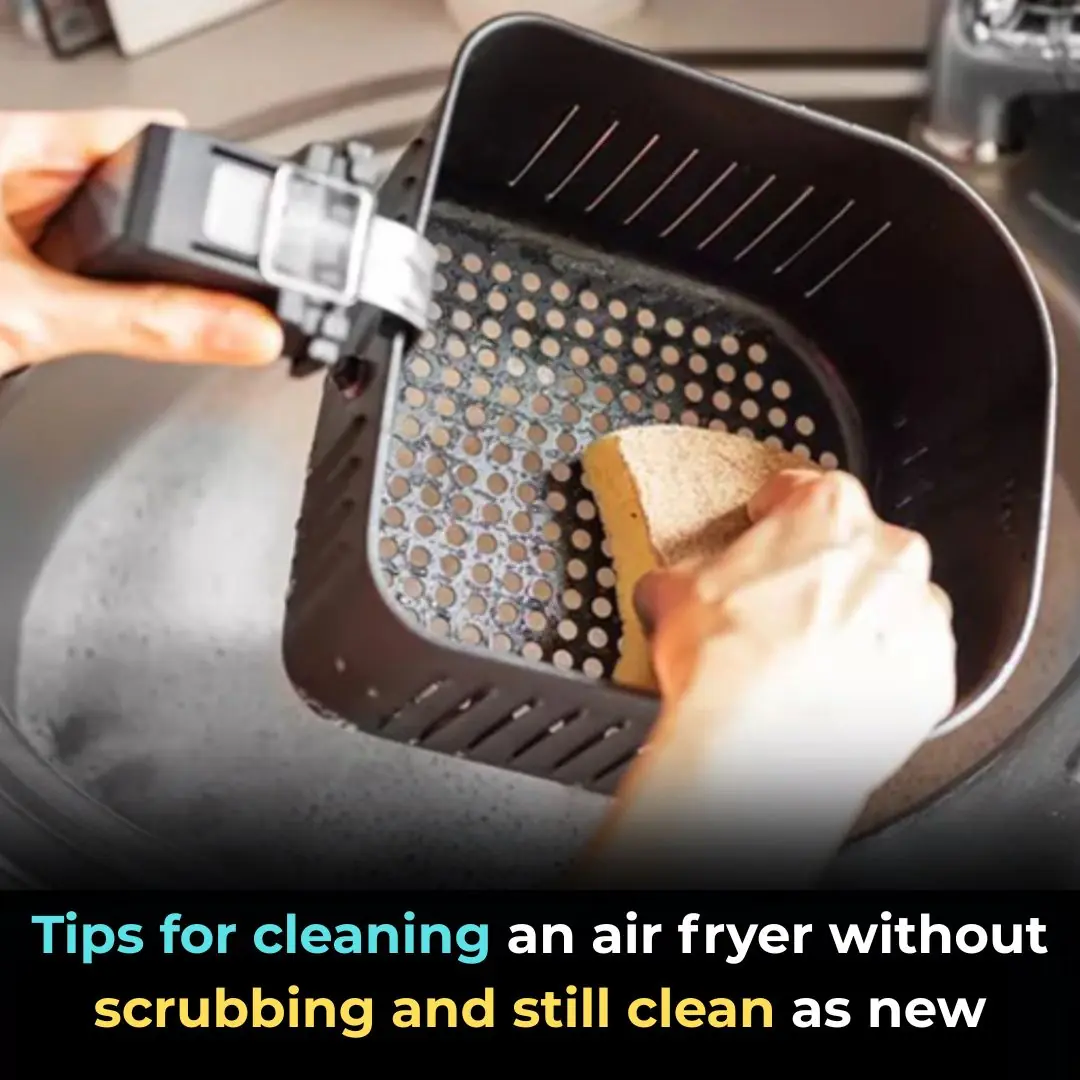
Tips for cleaning an air fryer without scrubbing and still clean as new

The water pipe is clogged, just blame this and it will be solved easily, no need to waste money calling a plumber.

How to clean the bathroom easily and effortlessly: It will stay clean and fragrant all week long

Simple tips for making crispy roast pork skin without much effort: Golden brown, crispy skin like in restaurants

Dirty sofa, do not use wet towel to wipe: Use this to clean it, it will not be damaged
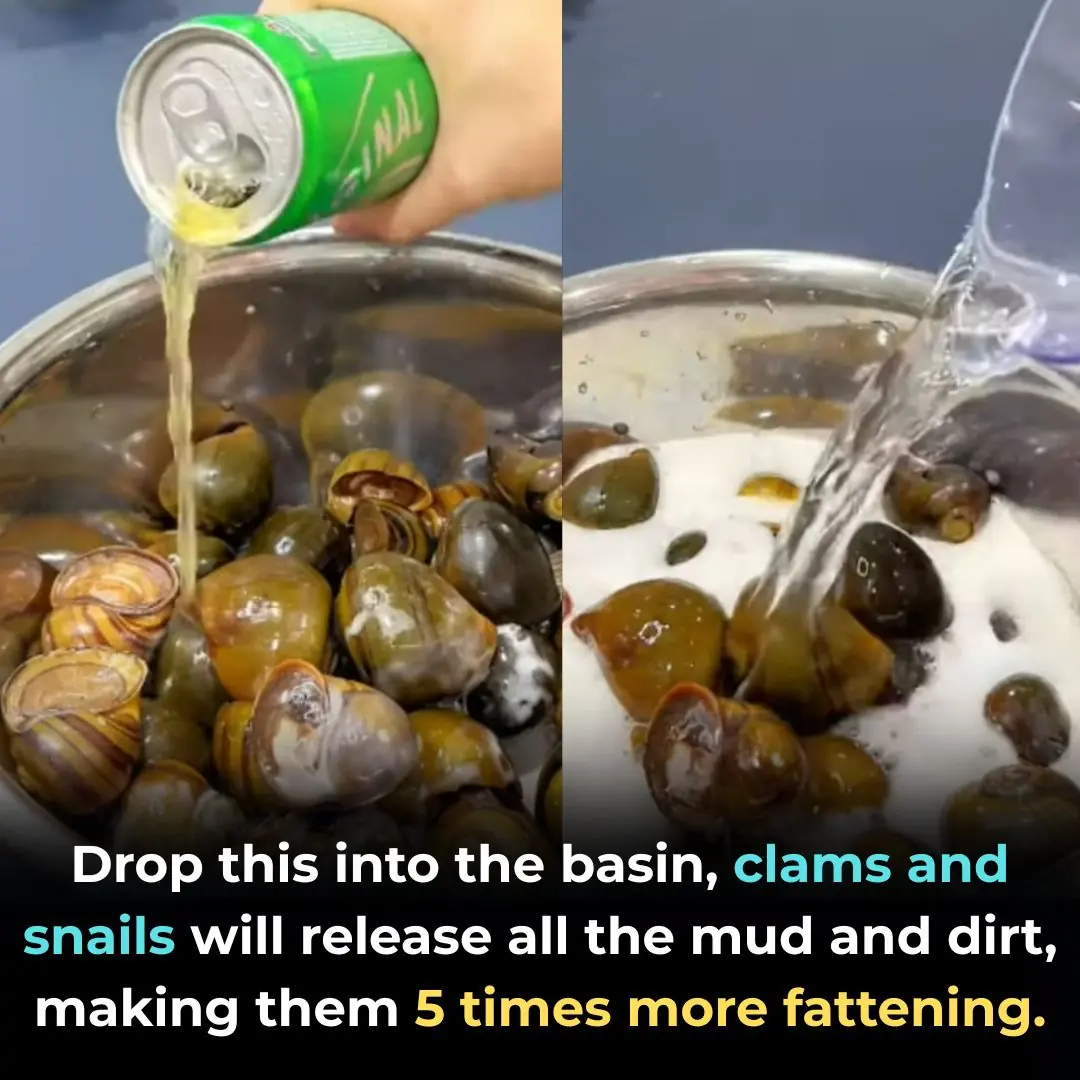
Drop this into the basin, clams and snails will release all the mud and dirt, making them 5 times more fattening.
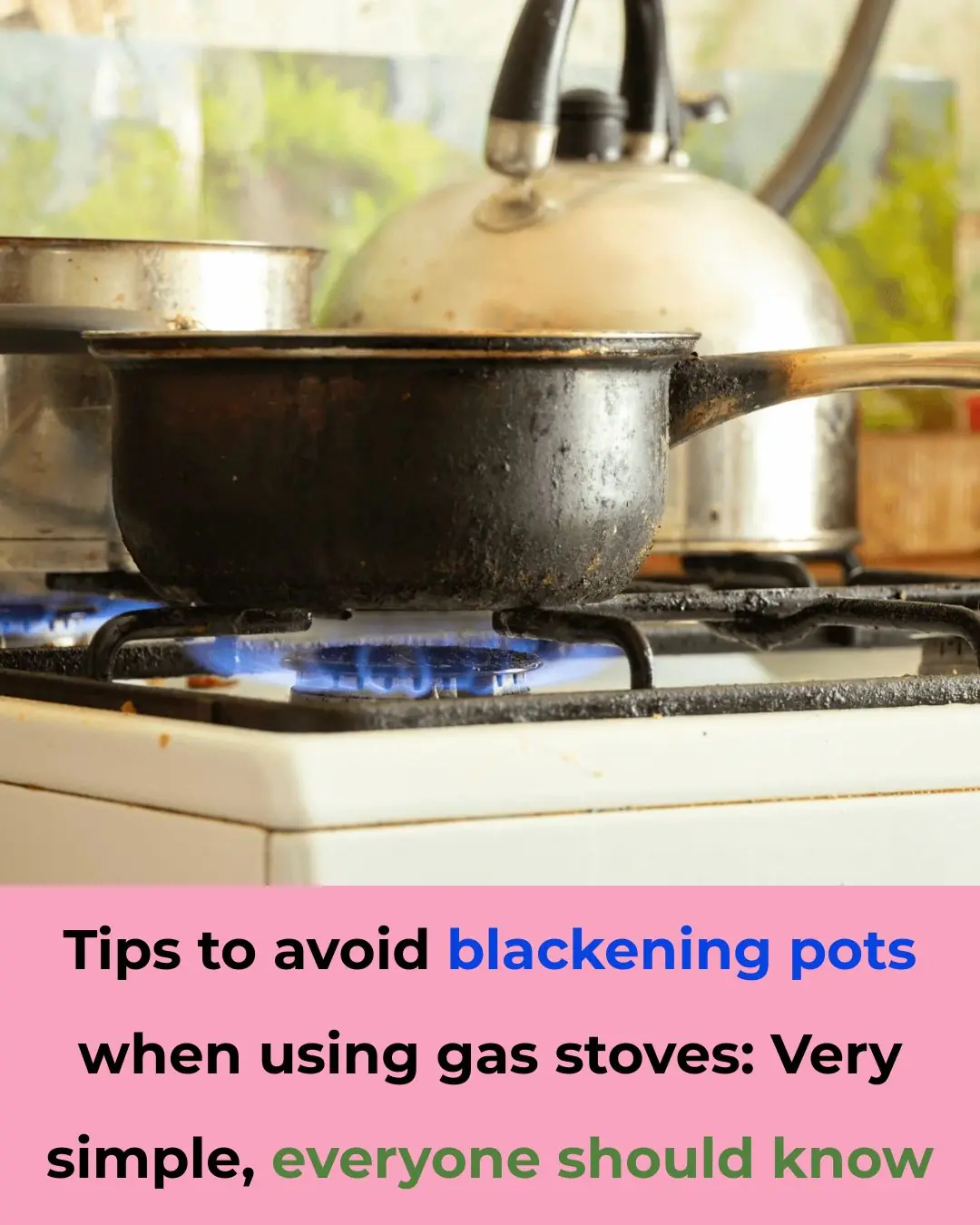
Tips to avoid blackening pots when using gas stoves: Very simple, everyone should know
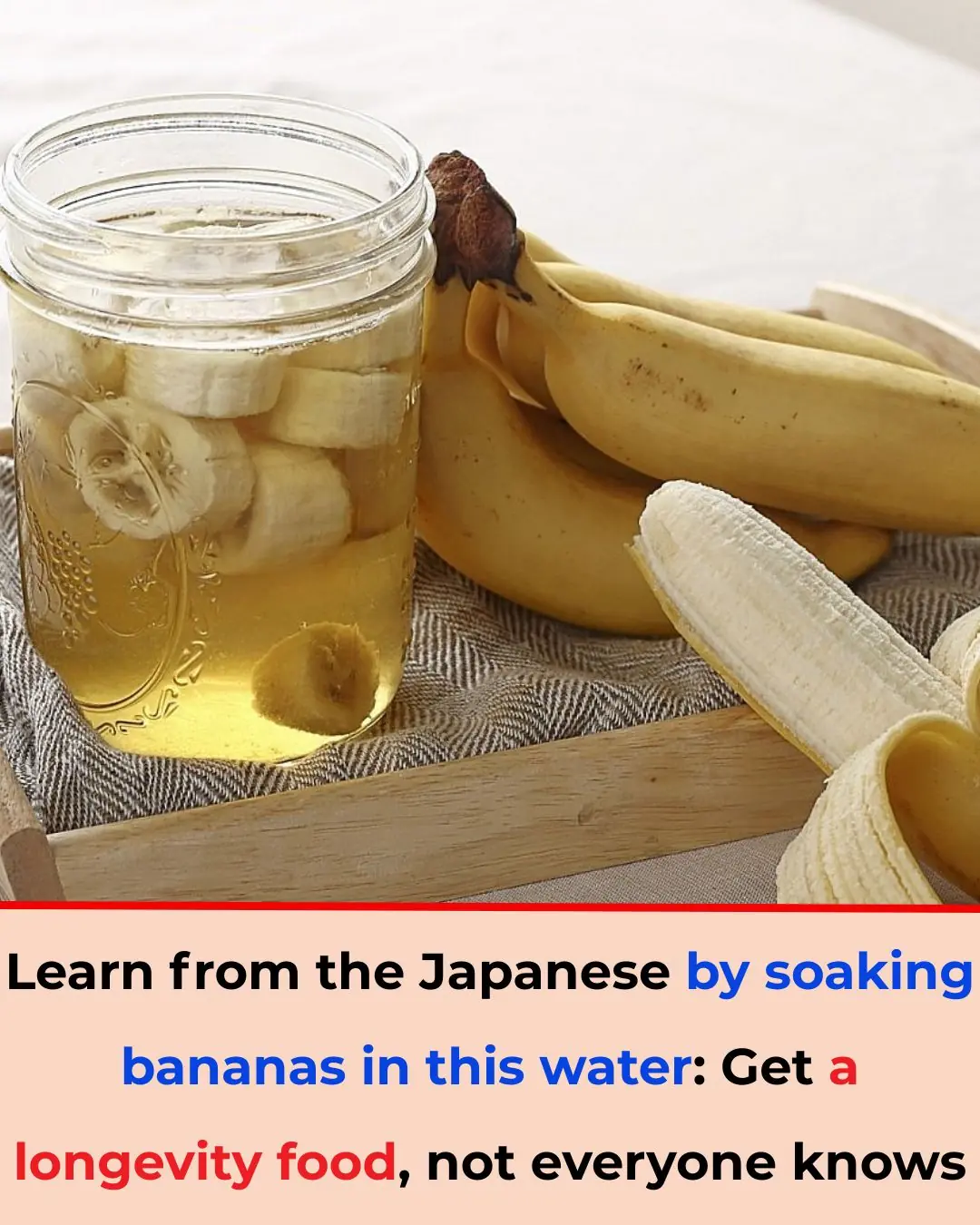
Learn from the Japanese by soaking bananas in this water: Get a longevity food, not everyone knows
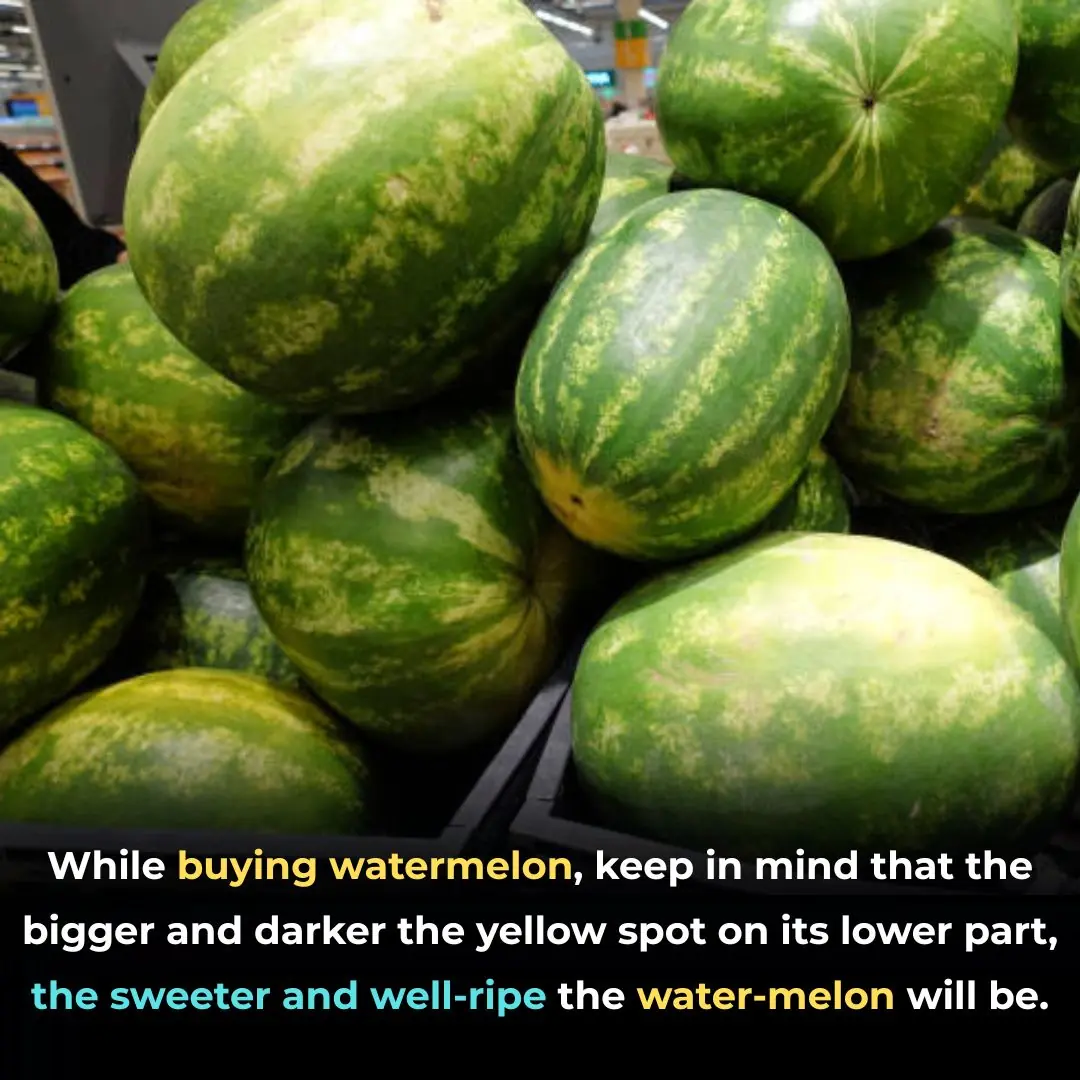
See why and how to choose melon effectively...
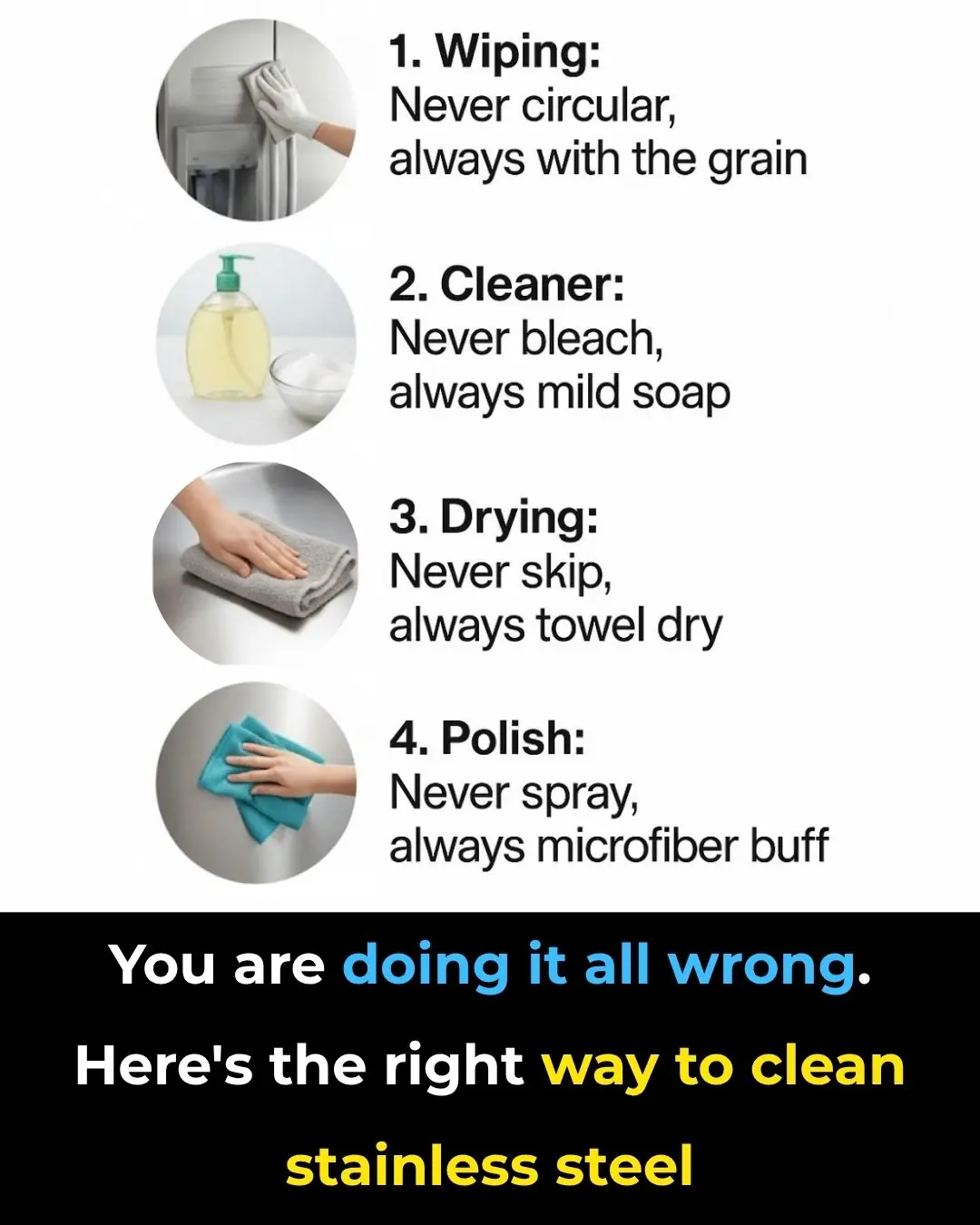
You are doing it all wrong. Here's the right way to clean stainless steel
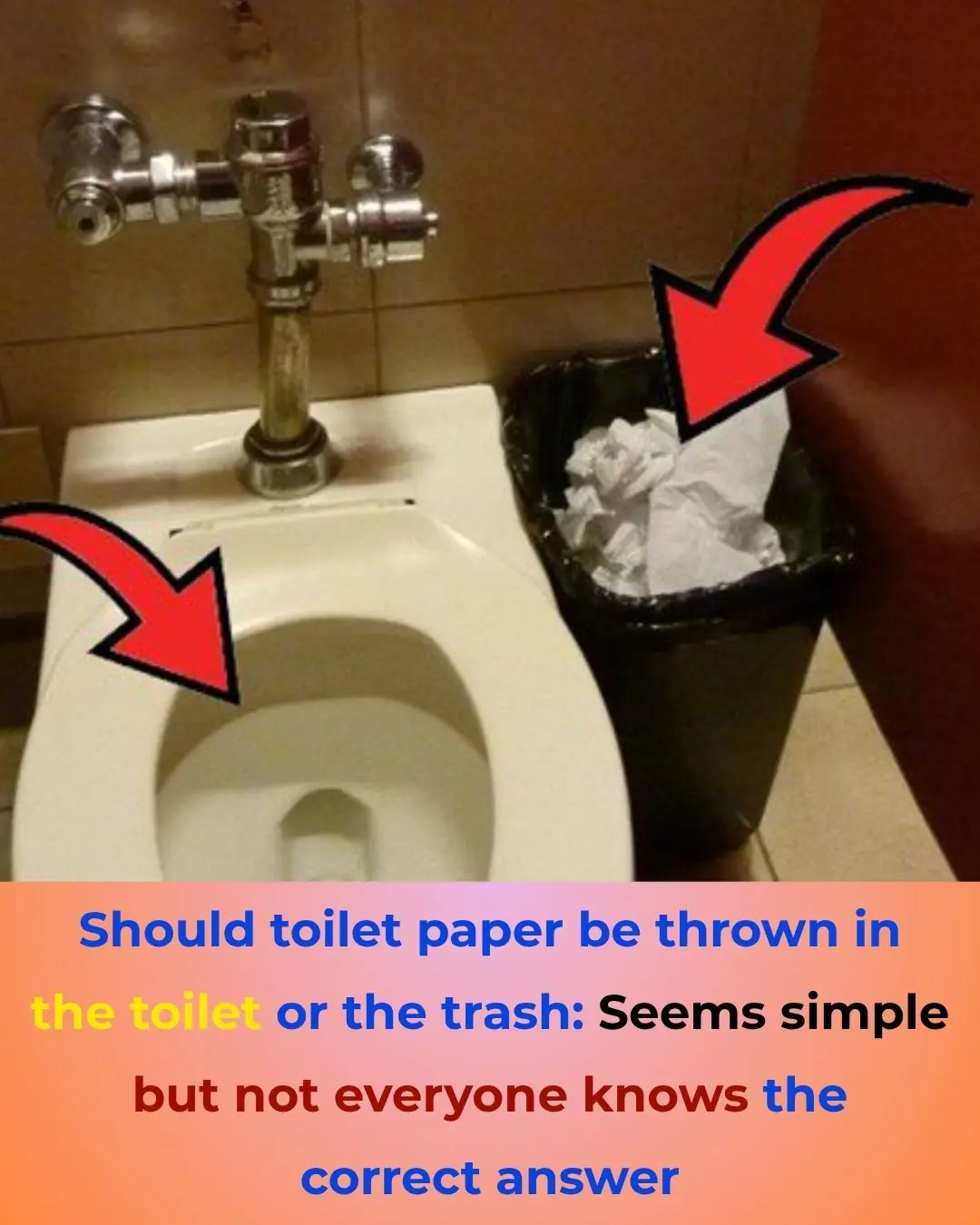
Should You Throw Toilet Paper in the Toilet or in the Trash?
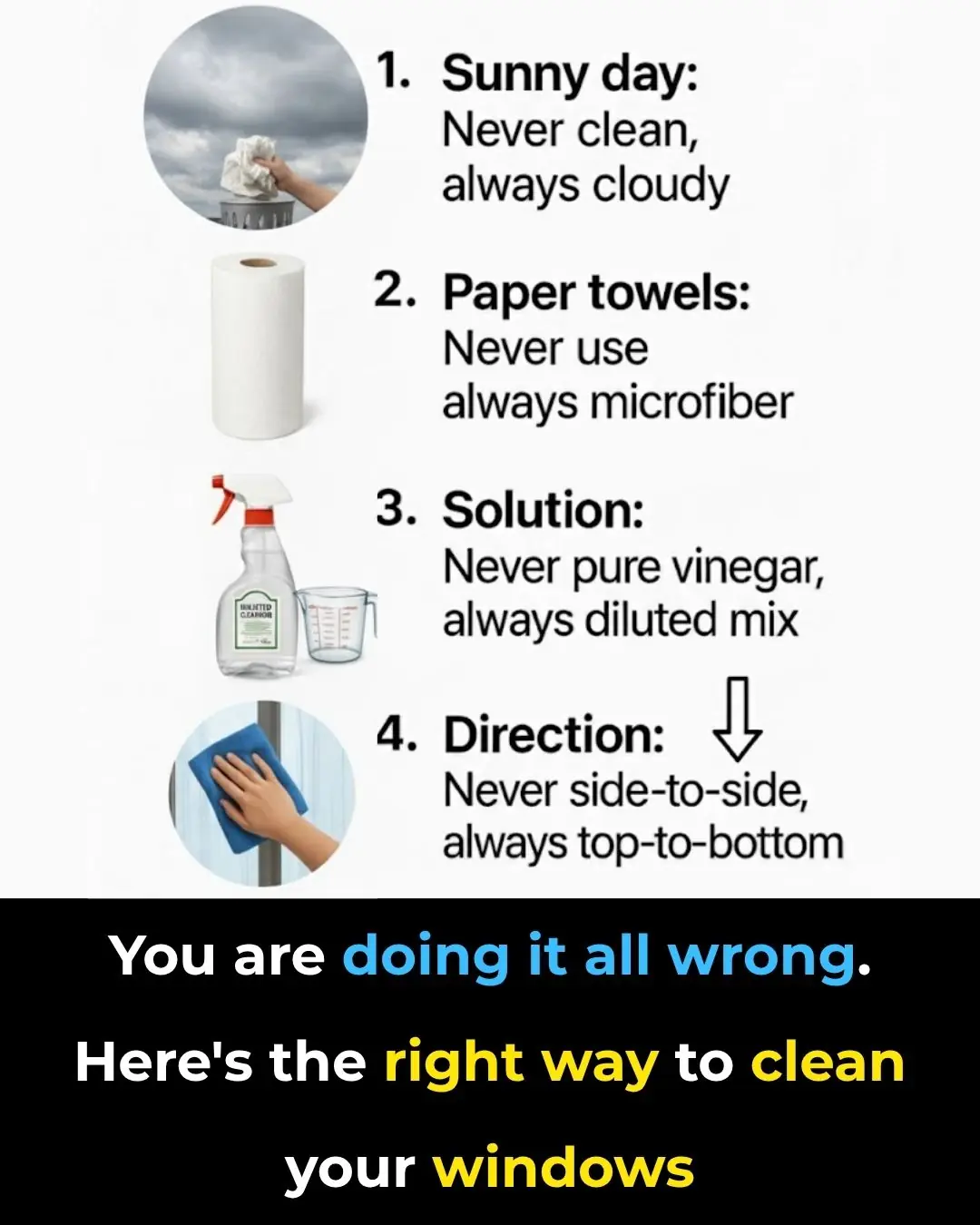
You are doing it all wrong. Here's the right way to clean your windows

Add This to Your Mopping Water – Your Floors Will Shine Like New and Stay Dust-Free for a Whole Week

Hidden Smartphone Tricks You Didn’t Know About
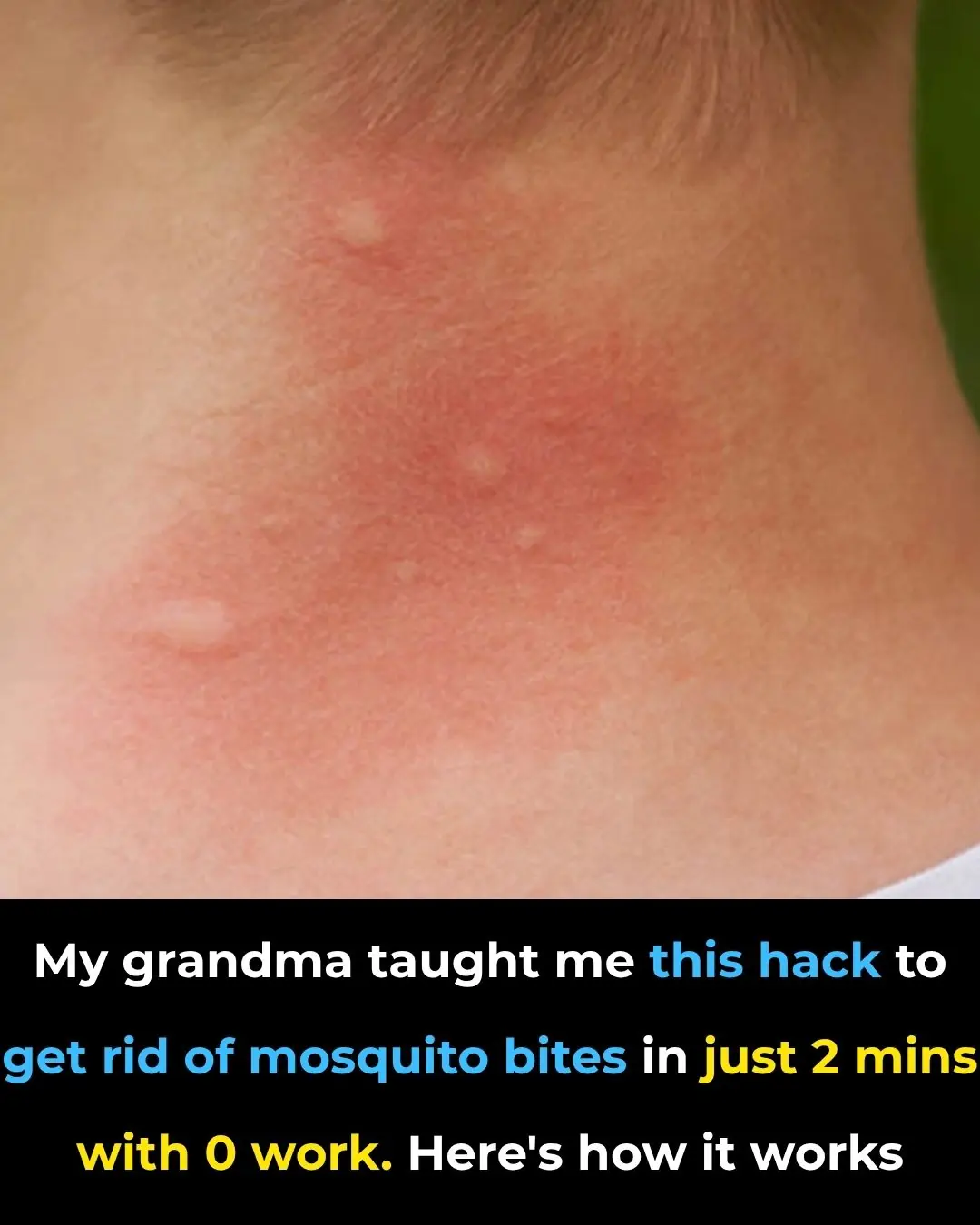
Were you aware of this? Wow, I discovered something new!
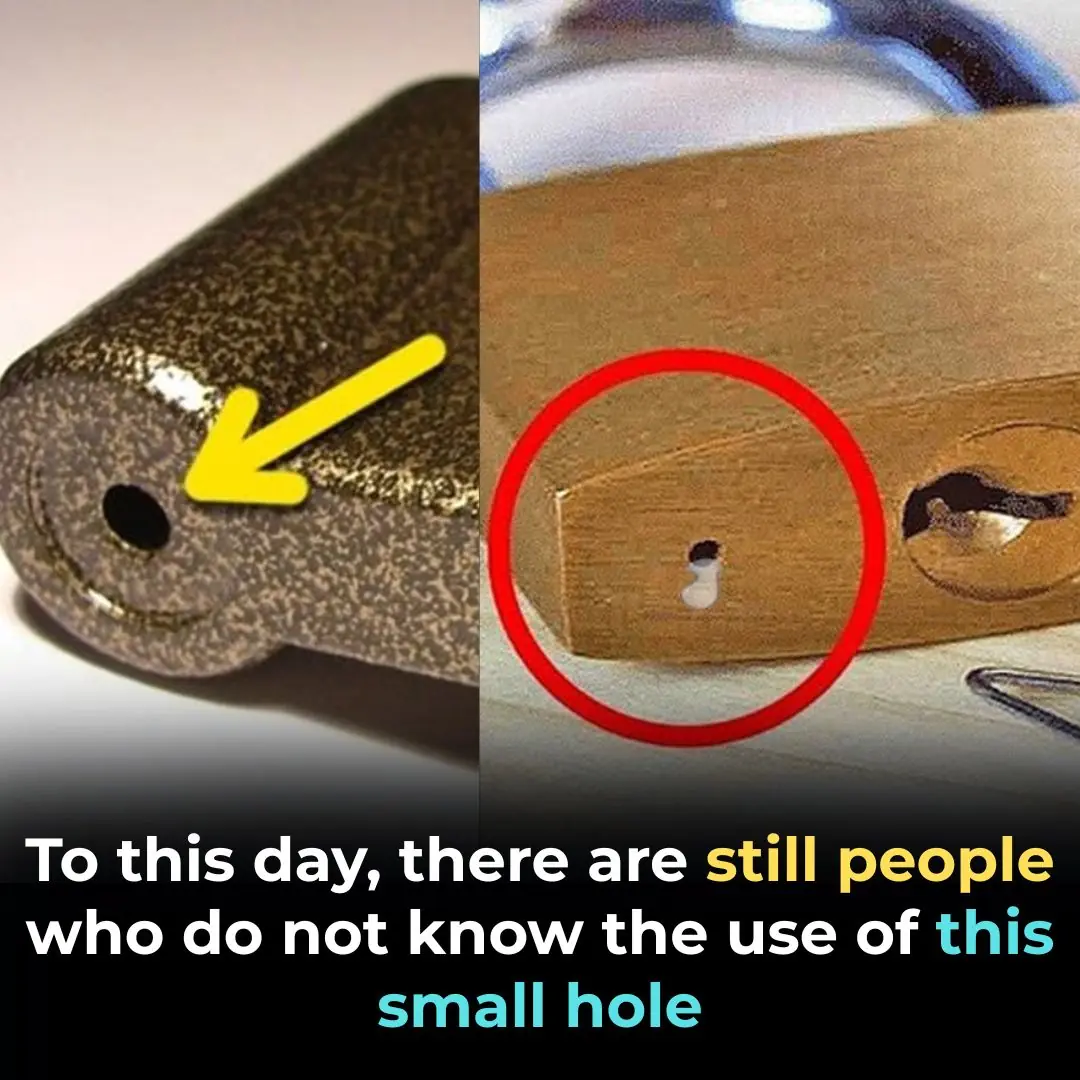
The Uses Of This Small Hole On a Padlock
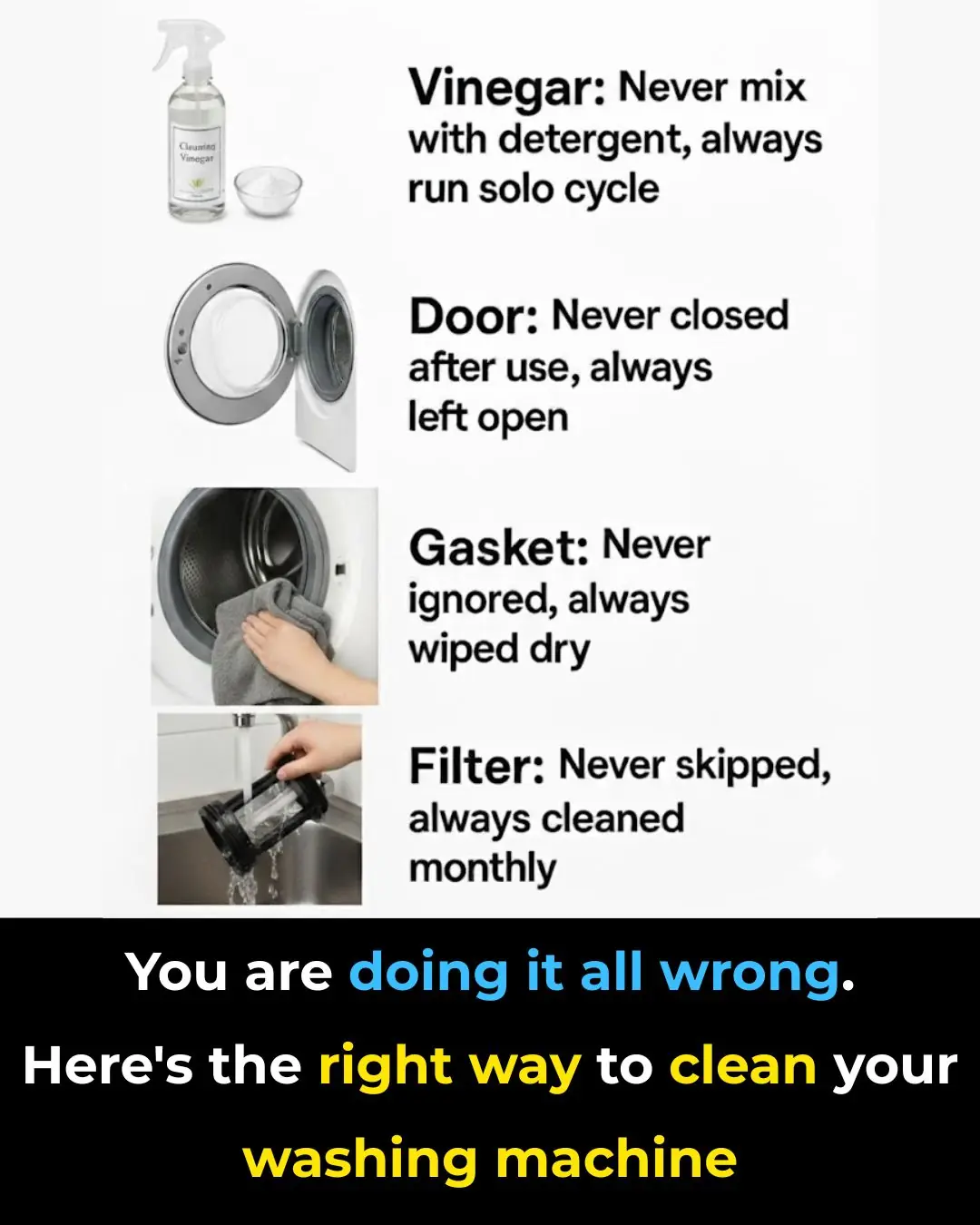
You are doing it all wrong. Here's the right way to clean your washing machine
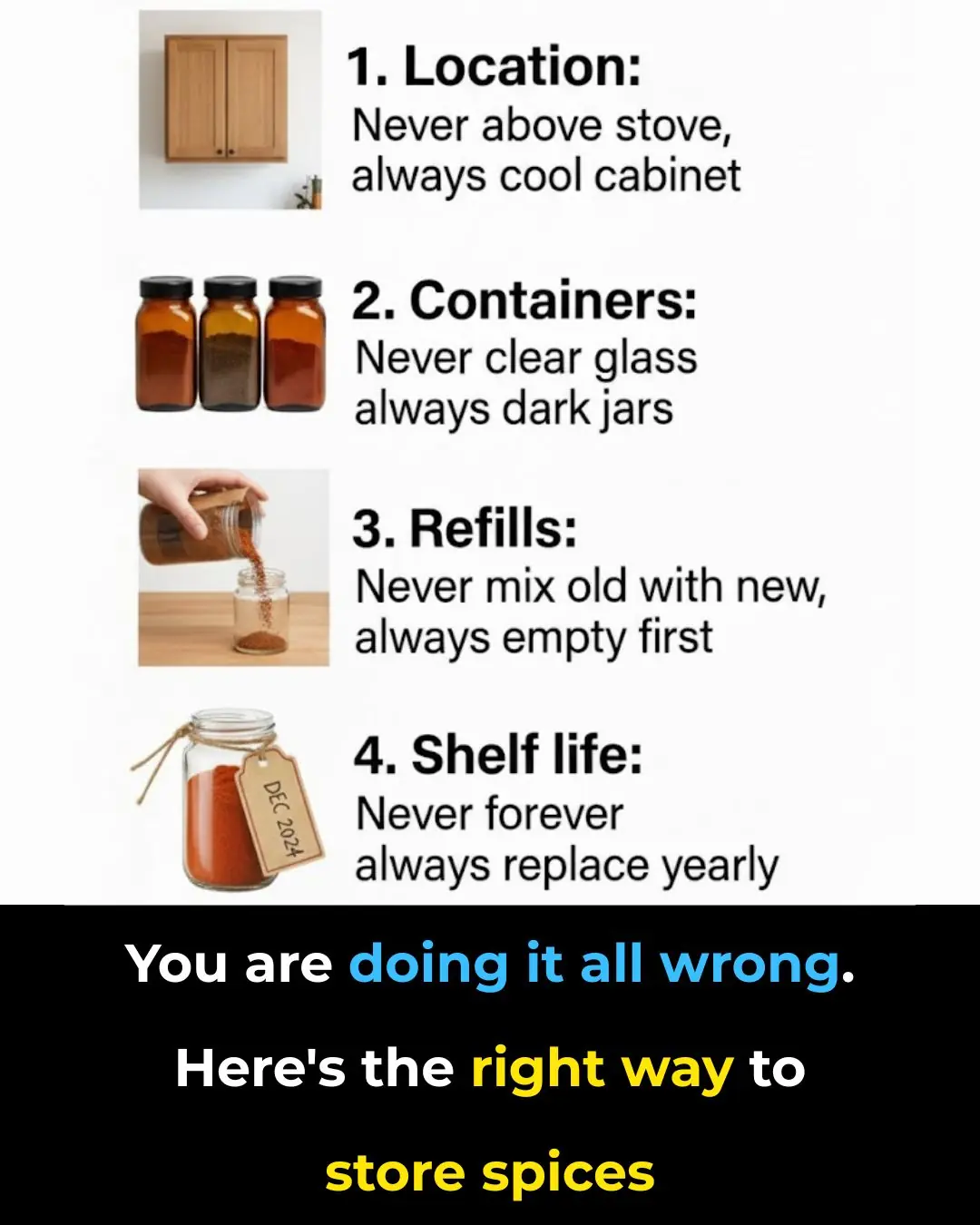
You are doing it all wrong. Here's the right way to store spices
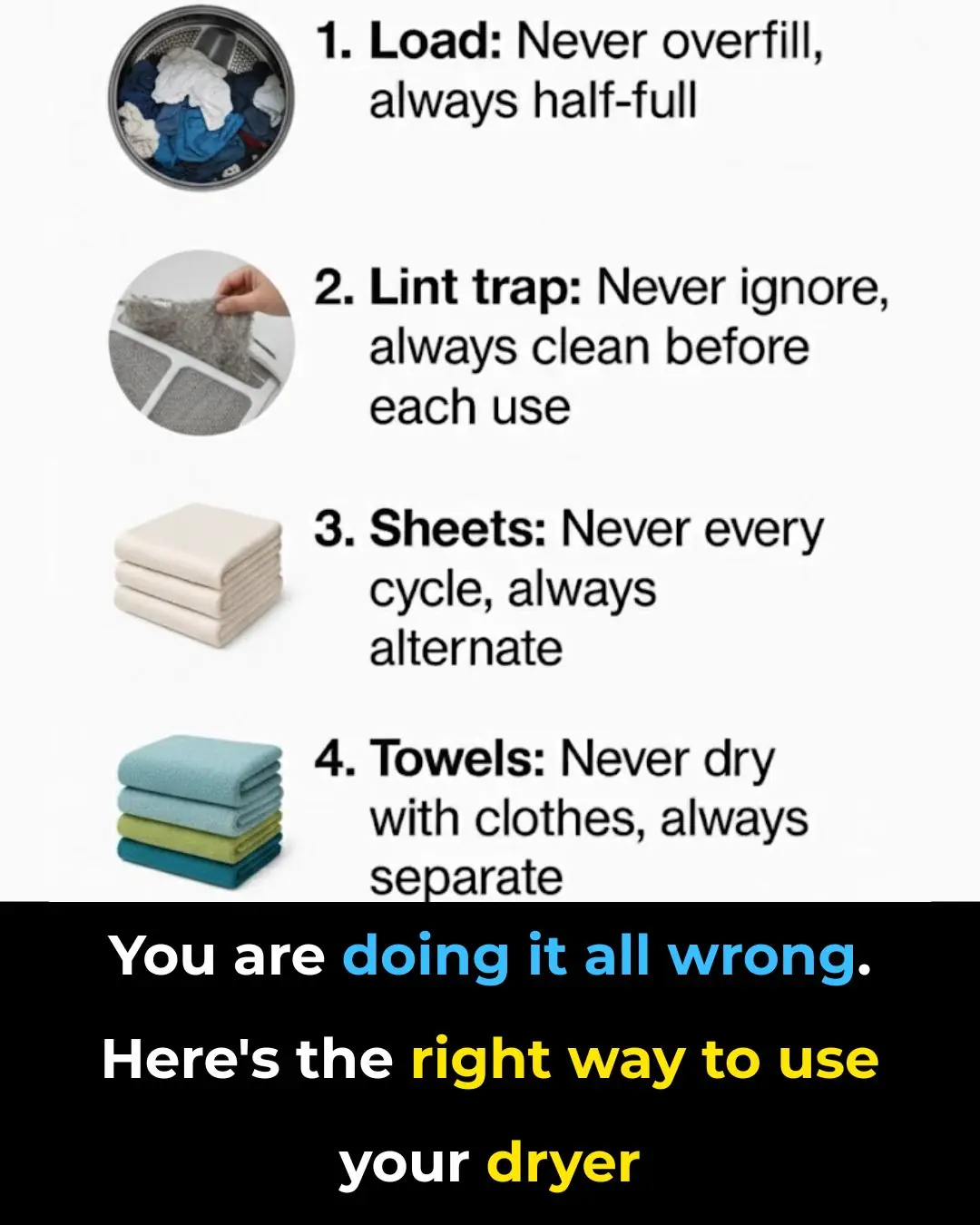
You are doing it all wrong. Here's the right way to use your dryer
News Post
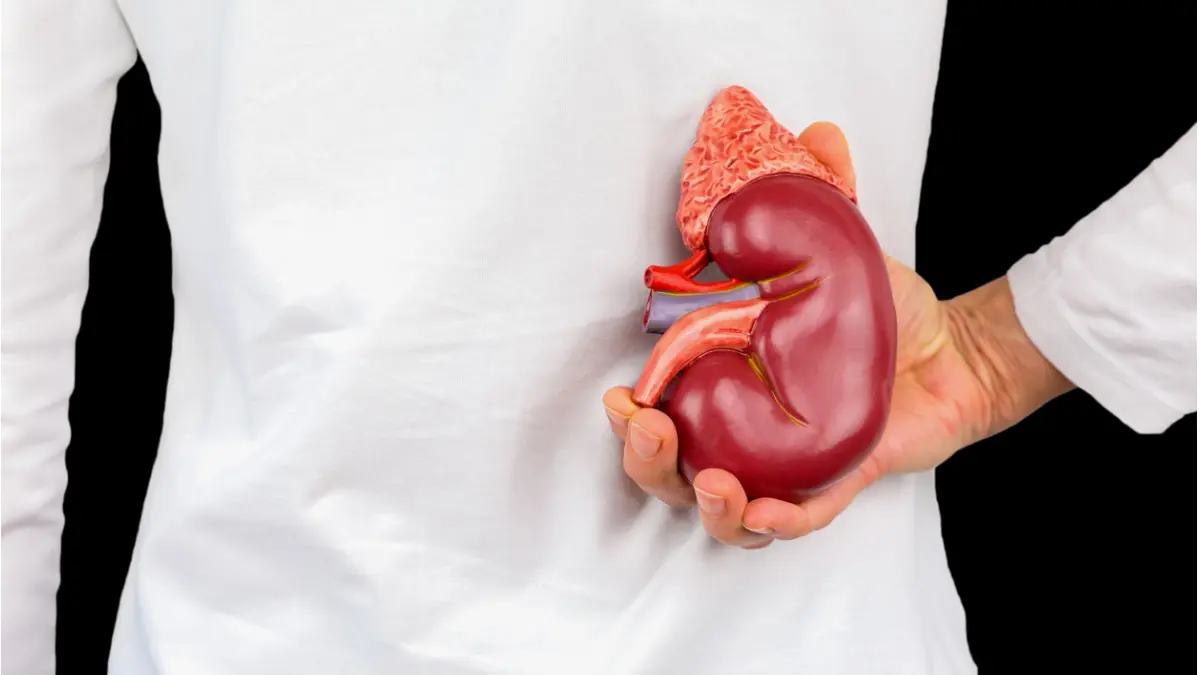
The #1 Food for Detoxifying and Supporting Kidney Health
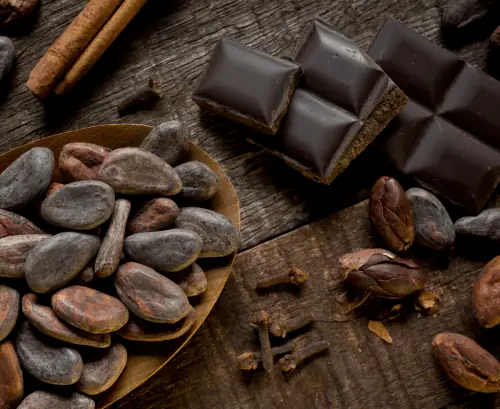
Dark Chocolate and Tea Found to Significantly Lower Blood Pressure
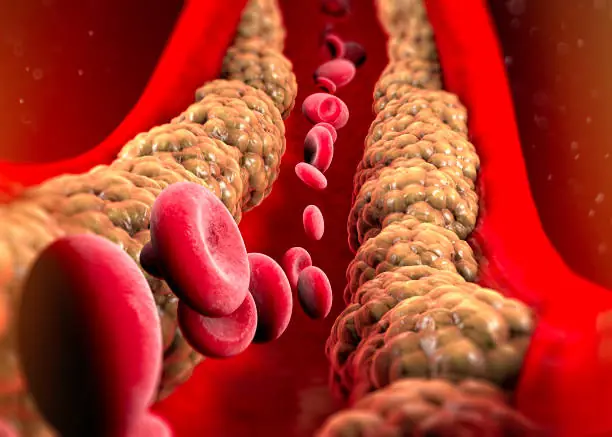
Why This Doctor Refuses to Prescribe Statins for High Cholesterol
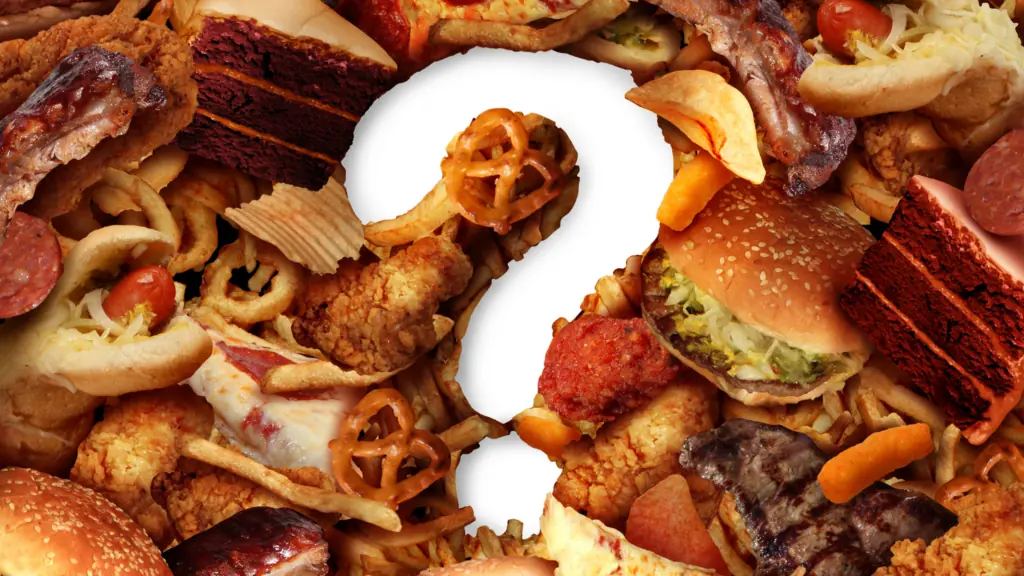
Top 5 Foods to Avoid if You Have High Blood Pressure
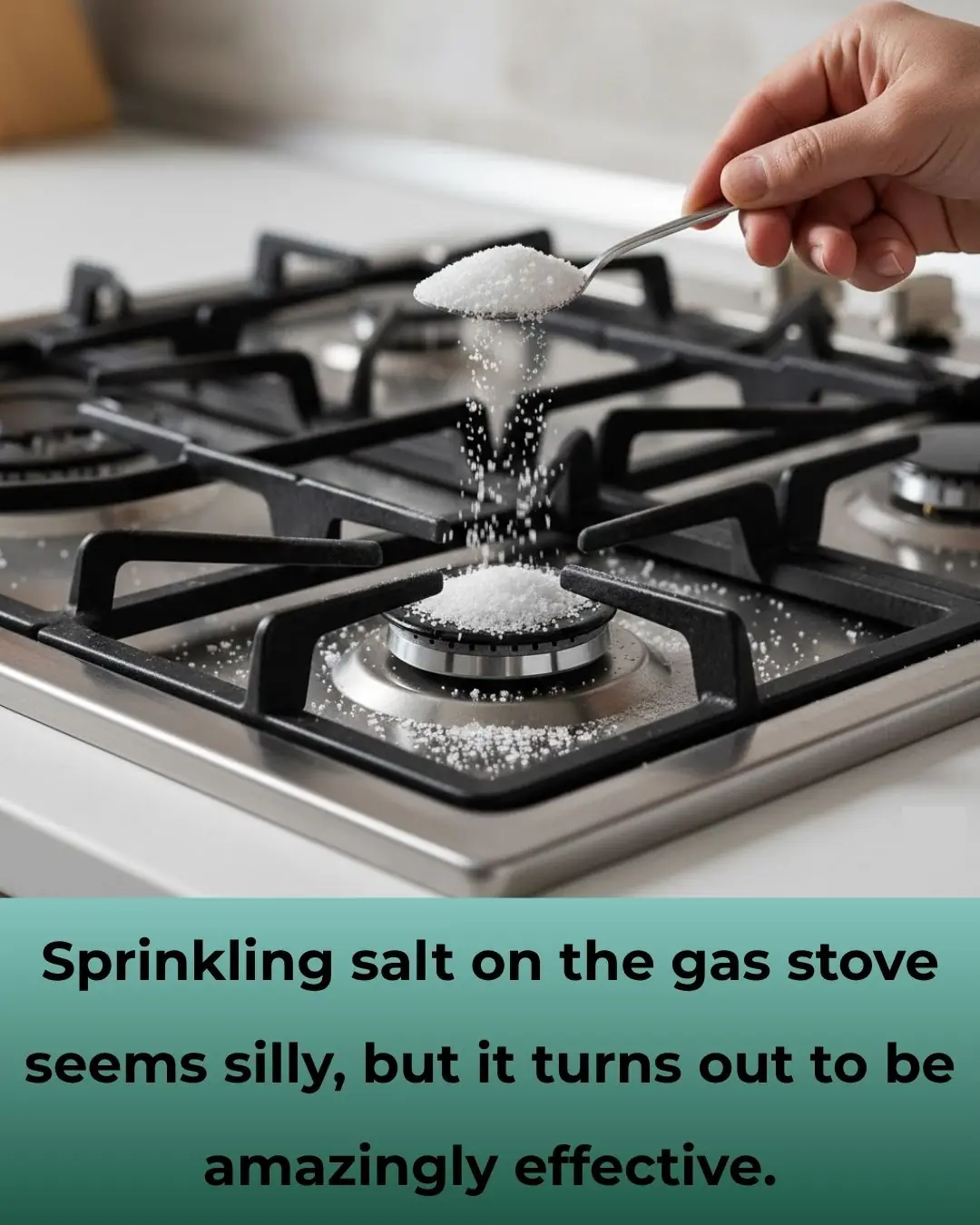
Why You Should Sprinkle Salt on Your Gas Stove

3 Flowers That Make Snakes Tremble — Natural Repellents You Can Grow at Home
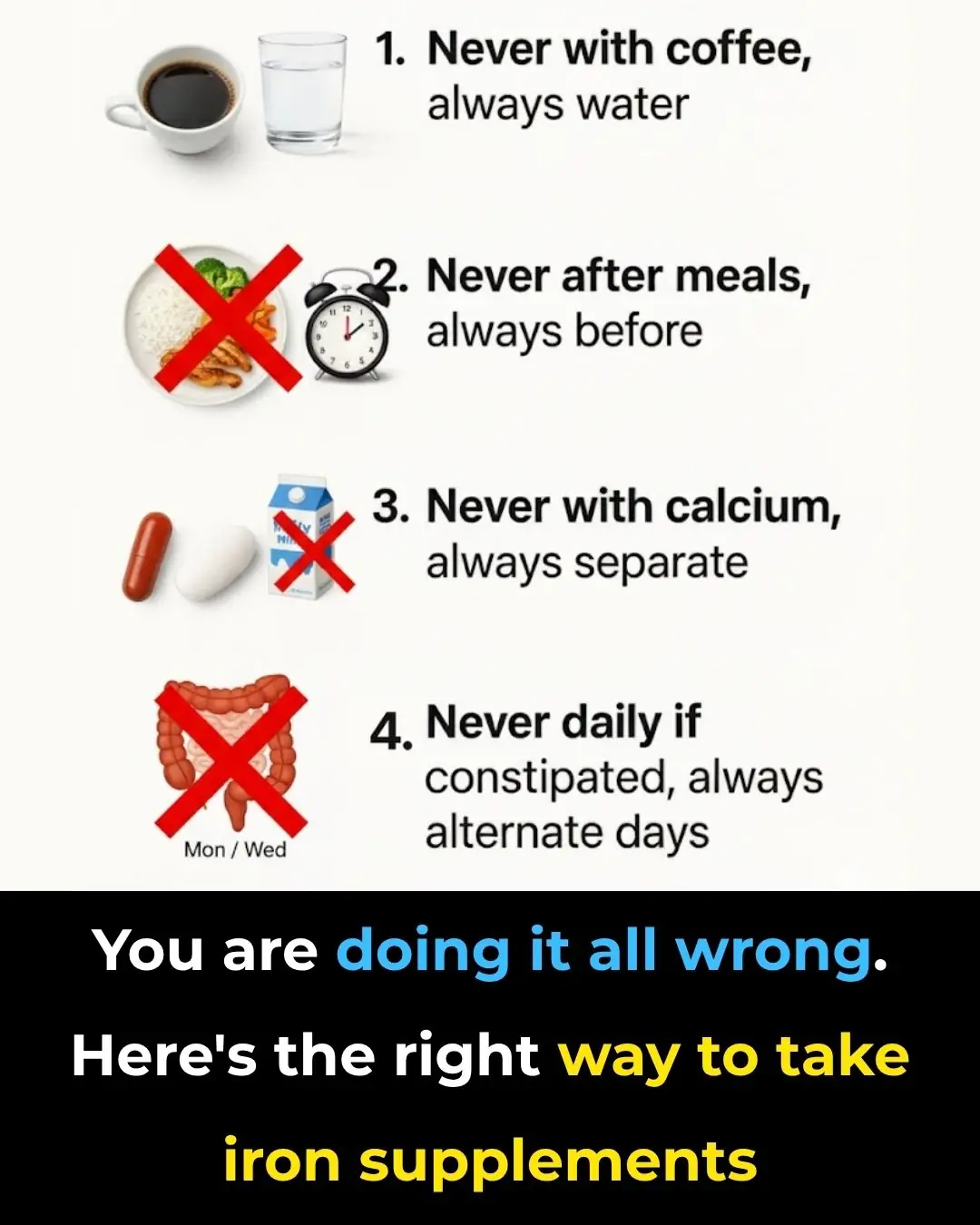
You’re Taking Iron Supplements Wrong — Here’s the Science-Backed Way to Do It Right
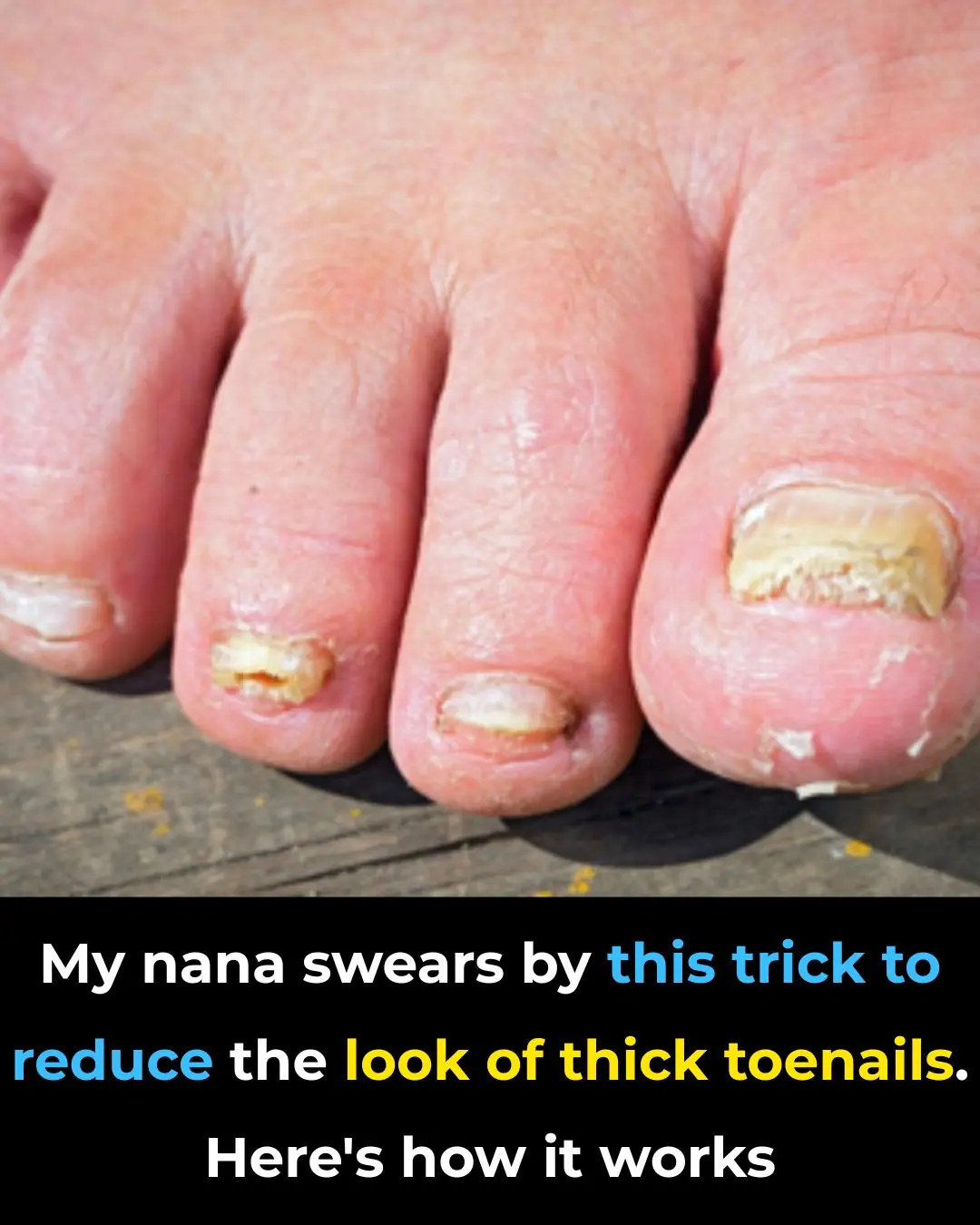
Nana’s Baking Soda Hack: The Surprisingly Effective Trick to Soften and Thin Thick Toenails

Never Mix Medications in One Box: 10 Serious Risks Most People Don’t Know

The Right Way to Take Ashwagandha: A Science-Backed Guide to Unlock Its Full Potential

Shrimp injected with impurities is easy to distinguish: Smart people will see this point

Tips for cleaning an air fryer without scrubbing and still clean as new
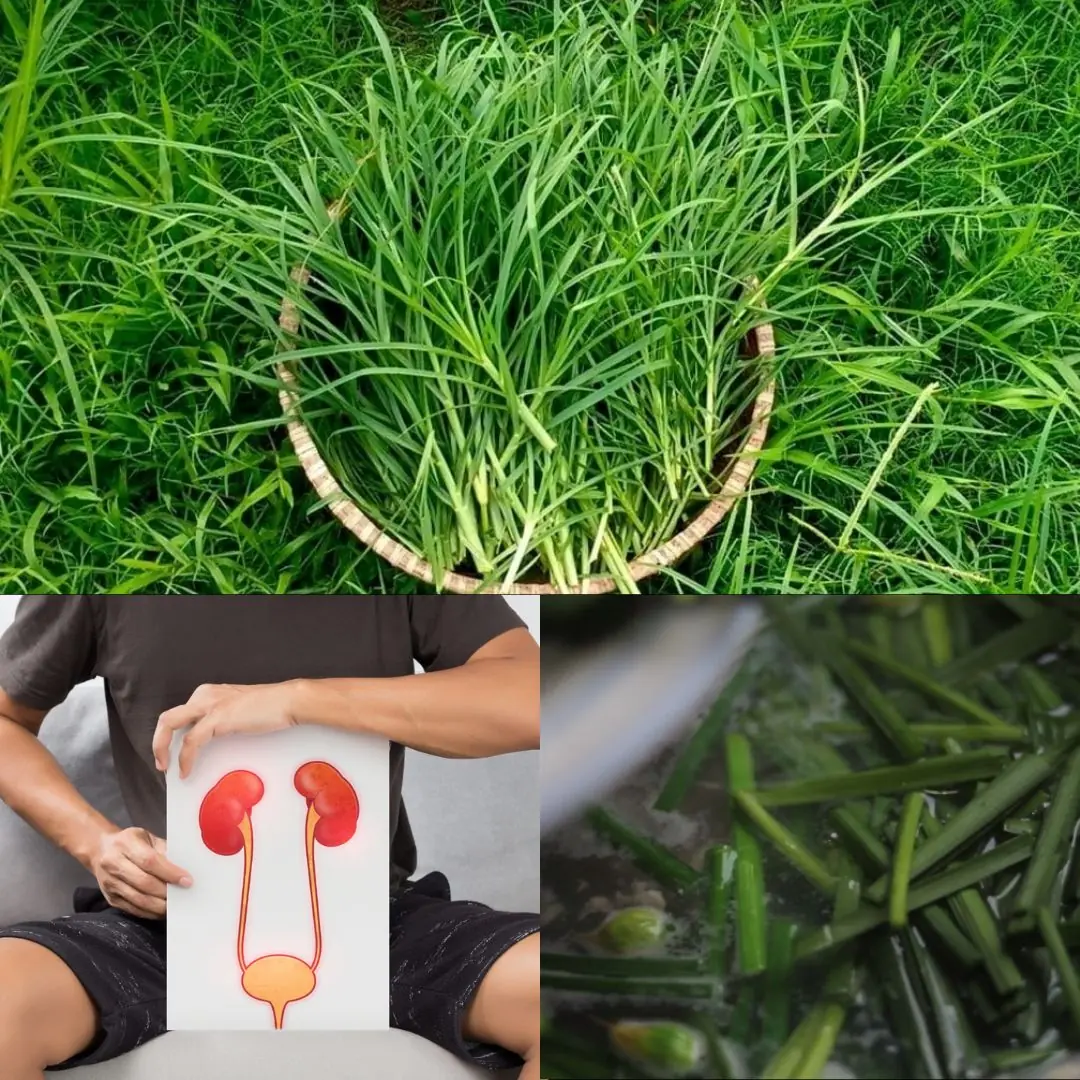
25 Incredible Health Benefits of Goosegrass

The water pipe is clogged, just blame this and it will be solved easily, no need to waste money calling a plumber.

How to clean the bathroom easily and effortlessly: It will stay clean and fragrant all week long

Simple tips for making crispy roast pork skin without much effort: Golden brown, crispy skin like in restaurants

How bathing too often can affect your health

Dirty sofa, do not use wet towel to wipe: Use this to clean it, it will not be damaged

Drop this into the basin, clams and snails will release all the mud and dirt, making them 5 times more fattening.
